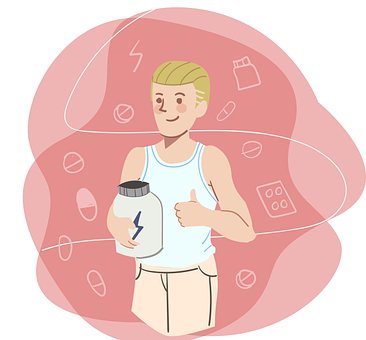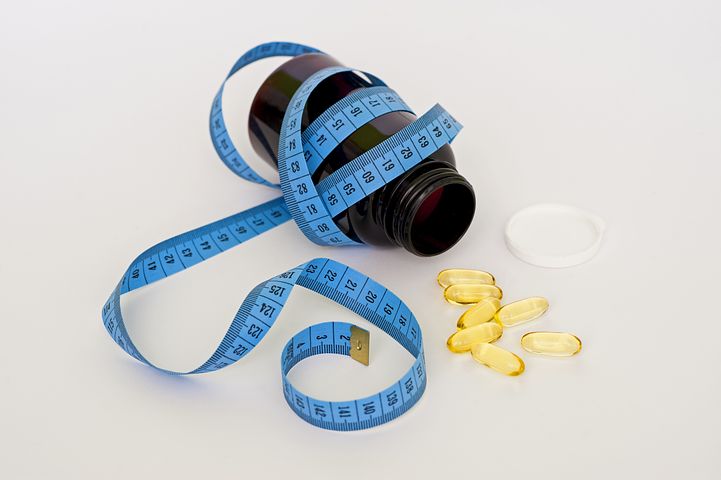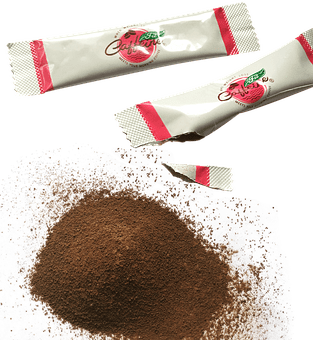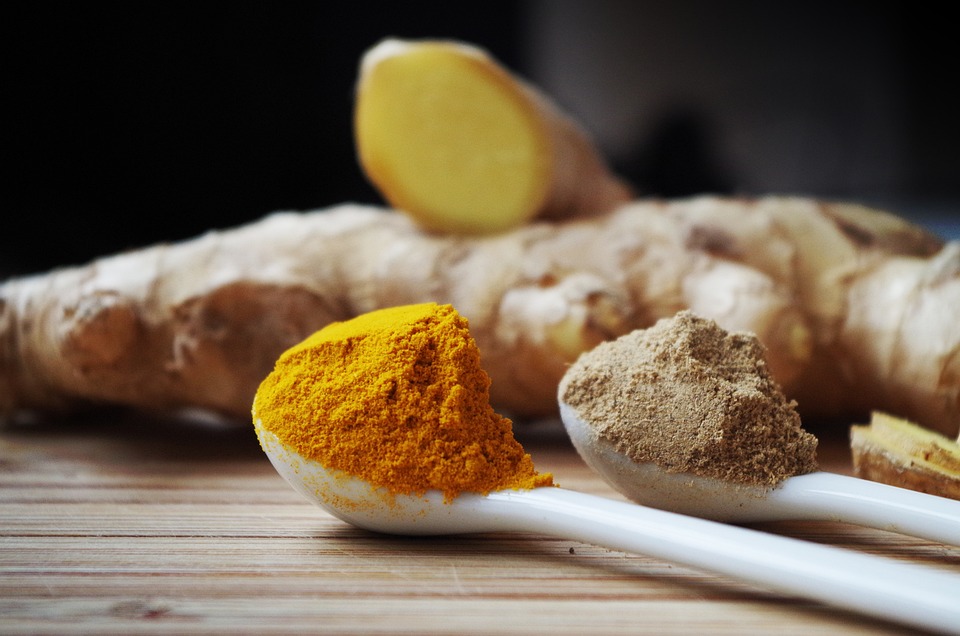
Since testosterone is a hormone that has been linked to negative effects, it’s not surprising that it also plays a role in regulating men’s sex drive.
Testosterone is primarily responsible for sexual health in men, causing their voices to deepen, their bodies to grow hairier, and their muscle mass to increase during puberty. However, testosterone also affects other areas of men’s health.
Free testosterone plays an important role in many bodily functions, such as increasing the production of red blood cells, helping to distribute fat, boosting muscle mass and strength, and improving sperm count.
Testosterone levels that are indicated as being ‘proper’ have been linked with a decreased chance of developing heart disease, type 2 diabetes, and depression in both healthy men and men with diabetes.
The Effects of Low Testosterone
If a man’s testosterone levels are low, it can lead to a decrease in libido, as well as problems with sleeping, fatigue, hair loss, reduced fertility, and hot flashes. Additionally, low testosterone levels can cause erectile dysfunction.
When testosterone levels are low, you will have less muscle mass and more body fat. This can also lead to decrease in bone mass, which can cause osteoporosis and bone fractures.
Mood changes are also a side effect of low testosterone. Finally, poor memory is another symptom associated with low levels of this hormone. Men who have been diagnosed with Alzheimer’s disease often have low levels of testosterone.
There are a few things you can do to increase your testosterone levels. Here are some tips:
1) Exercise More
ing. Exercise is a great way to get your testosterone production up. Studies have shown that men who work out on a regular basis have higher testosterone levels than those who don’t exercise as much. If you’re an obese man, you can see a significant increase in your testosterone levels just by becoming physically active, as opposed to only focusing on dieting.
The third is to do cardio that is not too intense. There are a few different ways you can go about increasing your testosterone levels through exercise. One option is to focus on increasing muscle mass through strength or resistance training. Another option is to do high-intensity interval training. Or, you could try doing less intense forms of cardio.
Building muscle can give you a short-term boost of energy and testosterone. However, it also has long-term effects on testosterone production in men’s bodies.
Resistance training is key to building muscle mass. Always try to lift heavier weights each time you go to the gym and aim for 30-60 minute sessions three times per week.
HIIT can include both cardio and resistance training, but even if HIIT is only cardio, it has a similar effect on the body as resistance training.
The key to successful weight loss is balancing intense work sessions with short breaks. This allows your body to produce testosterone, which will help you lose weight.
2) Decrease Body Weight
This can be observed clearly when obese men lose weight and their testosterone levels automatically increase. Losing weight is an important way to increase your testosterone levels. Usually, people with high levels of body fat have low testosterone levels. When body fat is reduced, testosterone levels always increase. This is clearly seen when obese men lose weight and their testosterone levels go up.
The amount of testosterone produced in the body is reduced by estrogen, which is created by an enzyme called aromatase that converts testosterone into estrogen.
Having more fat tissue in your body means that there is more aromatase present. Aromatase is responsible for lowering libido in men. This is one of the reasons why overweight men usually have a lower sex drive. Reducing the amount of fat tissue in your body will result in an increase in testosterone levels.
Losing weight requires a combination of diet and exercise. Fortunately, high-intensity interval training is an effective way to lose weight.
Having more muscle mass will help you lose weight and also increase testosterone production. Doing steady-state cardio will also help you lose fat since it causes you to burn more calories.
If you want to improve your fitness level, consider alternating the types of exercise you do. This will give your body a break from intense training and help you recover. For example, you can alternate between running and lifting weights. If you do this, you’ll be able to build muscle mass and lose weight.
Although a lot of individuals think that a low-fat diet aids weight loss, it is not the most advantageous decision for males who want to augment their testosterone levels.
Furthermore, the severe calorie restriction can result in lowered testosterone levels, likely due to the increase in cortisol levels, a stress hormone. Therefore, it is essential to be cautious when dieting and attempting to raise testosterone levels simultaneously.
3) Eat Protein, Fat, and Carbs
For example, research has shown that diets high in saturated fat can decrease levels of this hormone. Your diet has a significant impact on your testosterone and other hormone levels. For example, research has shown that diets high in saturated fat can reduce levels of this hormone.
You must be mindful of the amount of calories you consume over time and have a plan for eating healthy.
Constant dieting or overeating may disrupt your testosterone levels.
consuming adequate amounts of protein can help preserve healthy levels of testosterone and promote weight loss
The amount of carbs you eat also affects your testosterone levels. Studies have shown that carbs can help improve testosterone levels while you are resistance training.
Although some research suggests that too much fat can be bad for you, other research shows that having enough healthy fats can be beneficial for your testosterone levels and overall health.
The best type of diet to follow is one that is based mainly on whole foods. This diet should have a healthy balance of fat, protein, and carbs. This can optimize both hormone levels and long-term health.
4) Minimize Stress and Cortisol Levels
Research has shown that long-term stress can lead to elevated levels of the hormone cortisol.
An increase in cortisol levels can lead to a decrease in testosterone levels. These hormones have an inverse relationship with each other: when one goes up, the other comes down.
If you are experiencing stress, your cortisol levels may increase. This can lead to increased food intake and weight gain, as well as storing harmful body fat around your organs. These changes may negatively impact your testosterone levels.
You should try to reduce stressful situations in your life to improve your health and hormone levels.
If you want to improve your health and testosterone levels, focus on a diet based on whole foods, regular exercise, good sleep, laughter, and a balanced lifestyle. These things can all help reduce stress.
5) Get Some Sun or Take a Vitamin D Supplement
Vitamin D is becoming increasingly popular worldwide.
Research has revealed that it has a lot of benefits for your health, and that it could work as a natural testosterone booster.
Half of the US population does not have enough vitamin D, and even more people have less than the ideal amount.
A study done over the course of 12 months found that taking a supplement with around 3,000 IU of vitamin D3 increased testosterone levels by about 25%.
In the elderly, optimizing vitamin D and calcium intake also optimized testosterone levels, which led to a reduced risk of falling.
You can improve your testosterone levels by getting regular exposure to sunlight or taking a vitamin D3 supplement daily.
6) Take Vitamin and Mineral Supplements
There is debate over whether or not multivitamins are beneficial, but some vitamins and minerals may have benefits.
One study found that taking zinc and vitamin B supplements increased sperm quality by 74%. Zinc has also been shown to boost testosterone levels in athletes and people who are deficient in zinc.
Other studies suggest that vitamins A, C, and E might affect hormone and testosterone levels, but more research is needed.
The research on testosterone indicates that vitamin D and zinc supplements are most effective.
7) Get Plenty of Restful, High-Quality Sleep
The importance of good sleep for your health is just as important as diet and exercise.
This could potentially have major effects on your testosterone levels.
One study found that people who slept only 5 hours per night had 15% lower testosterone levels than people who slept the ideal amount for them.
The study found that people who only slept for four hours a night had lower than normal levels.
Other long-term studies support the claim that sleep affects testosterone levels. One study found that, on average, testosterone levels increase by 15% for every additional hour of sleep.
People who sleep around seven to ten hours a night are healthier in the long term and have higher testosterone levels than those who sleep less, according to research.
8) Avoid Estrogen-Like Products
Some products that we use in our daily lives, such as those containing estrogen-like chemicals, can affect our testosterone levels.
There are several substances that can disrupt the endocrine system, including BPA, parabens, and phthalates. This can lead to lower testosterone levels.
Products that contain estrogen or are estrogen-like are also called xenoestrogens. Our bodies react to them in a similar way as they do to estrogen, making them difficult to get rid of. It is best to avoid xenoestrogens altogether. They also have a significant impact on lowering sperm count. Therefore, infertile men should avoid them as much as possible.
There are a few simple things men can do to increase their testosterone levels. Avoiding plastic containers and using glassware, especially when heating food, is one way to reduce exposure to xenoestrogens. Eating organic foods and avoiding pesticides is another way to prevent these xenoestrogens.
It’s a good idea to avoid household items that contain harmful substances. Choose natural products instead.
9) Take Natural Testosterone Supplements
While you should always try to get the vitamins and minerals you need from whole foods, there are often gaps in our diet. Taking the best natural testosterone supplements can help fill these gaps. Minerals are often missing from our diets, which can lead to lower testosterone production.
Zinc is essential for testosterone production, so if you are deficient in this mineral, it is important to supplement it.
Magnesium is important for testosterone production because it helps the body produce testosterone and also enables you to relax and sleep, which are both important for testosterone production.
Further natural testosterone boosters include:
- Diindolylmethane dim
- Horny goat weed
- Red ginseng
- Tribulus Terrestris
A few other macro and micronutrients can also be supplemented if needed. Protein, for example, can be supplemented with whey protein if it is not enough in the diet, which is especially useful when strength training.
men who do not get enough Omega 3 fatty acids in their diet can benefit from fish oil supplements. Additionally, Vitamin B6 can help your body more efficiently use testosterone.
10) Avoid Bad Habits
There are other ways to relieve stress that don’t involve substances that damage your body. Try things like Exercise, relaxation techniques, and talking to friends.
Excessive caffeine intake and poor sleep hygiene can lead to imbalances in your body’s hormone levels, such as low testosterone.
Overeating is another bad habit that can lead to low testosterone levels. One way to combat this is by practicing intermittent fasting. This way of eating keeps your eating in check and can help you lose weight. It also gives the body a chance to recover during the fasting period, leading to an increase in testosterone.
In order to reduce stress levels, try incorporating some new, beneficial habits into your routine. Something as simple as laughter can go a long way in reducing cortisol and increasing testosterone.
Testosterone levels will increase when a person experiences success. This could be winning a game or rooting for a winning sports team.
Why Do Testosterone Levels Matter?
A man’s testosterone levels naturally start to decline when he reaches the age of 25 to 30.
The problem with this is that there is a lot of evidence to suggest that there is a correlation between low testosterone and things like obesity, increased disease risk, and premature death.
Healthy testosterone levels are also important for maintaining key hormones such as estrogen and progesterone in women.
It’s important for everyone to take steps to improve their testosterone levels. Not only will it improve their health, but it will also improve their body.
Conclusion
Learning how to increase your testosterone levels is one of the most important things you can do.
Testosterone is an important hormone for men’s health, even though it is often seen as a “bad” hormone. Men who are infertile or think they may have low testosterone levels should see their doctor for a blood test. This test can help you understand what changes you may need to make.
If your test levels are low, it is okay. You can use these natural remedies instead of taking prescription drugs or hormones.
You can increase your testosterone levels by eating a diet full of saturated fats and monounsaturated fats, strength training regularly, sleeping well, and reducing stress.
You can improve your testosterone levels by taking supplements such as D3, zinc, and magnesium, and by avoiding endocrine disruptors. Try focusing on one area at a time, and once you’ve made progress in that area, move on to the next.














